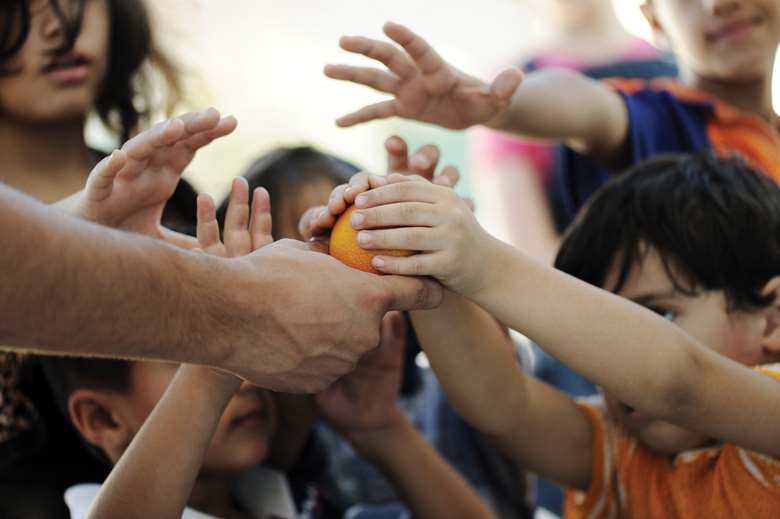Council quits child refugee dispersal scheme over £2m cost
Neil Puffett
Wednesday, October 12, 2016
A council has pulled out of a voluntary government scheme for dispersing unaccompanied asylum seeking children, claiming it cannot afford the estimated additional annual cost of £2m.

Under the national transfer scheme introduced in July, councils can be required to take on responsibility for child refugees from other areas until the numbers reach a level representing 0.07 per cent of the overall under-18 population in the area.
Leicestershire County Council's cabinet has voted to leave the scheme claiming that, based on current numbers of children in care, it could be required to take responsibility for 70 asylum-seeking children at an estimated annual cost of £2.03m, even after Home Office contributions are taken into account.
So far the council has taken seven children into its care under the scheme.
A council report states that the average daily grant received from central government, which largely covers the cost of accommodation but not social work costs, is £102.50 for each child refugee, but the true cost comes to £181.78 - a shortfall of £79.28 per child each day.
The report adds that the council faces "financial risks" if it continues to be a part of the scheme, particularly to the children's services department "which is already under pressure".
"The council should disengage from the voluntary national transfer scheme until such time as the government meets the full costs of placement and service provision and also makes adjustments to the scheme to make it practical to operate, or until the Secretary of State makes the scheme mandatory which she has the power to do under the Immigration Act 2014," the report adds.
"It is also noted that other schemes are being developed by the government which may result in the council being asked to receive more young refugees and asylum seekers, again in all probability increasing the cost to the county council."
The dispersal scheme was introduced by the Home Office in July in a bid to relieve pressure on so-called "gateway authorities" such as Kent County Council.
In the first 12 weeks of the scheme operating, 69 children were transferred from Kent council into the care of other local authorities.
The number of unaccompanied children seeking asylum entering care in Kent peaked at just over 1,000 in January. Last month, the figure stood at 792, compared with 368 in March 2015.
The government has previously said it will consider forcing local authorities to take on asylum seeking children if they do not do so voluntarily.
A Home Office spokeswoman said: "We have substantially increased the levels of funding we give to local authorities for providing care for unaccompanied children - daily rates have increased by more than 20 per cent and we have made an additional £60,000 available for each area.
"We are clear that the responsibility for unaccompanied children must be shared fairly between local authorities in a way that protects the best interests of children and ensures that no local authority is asked to take care of more unaccompanied children than they can cope with.
"That is why we introduced the voluntary national transfer scheme in July."




